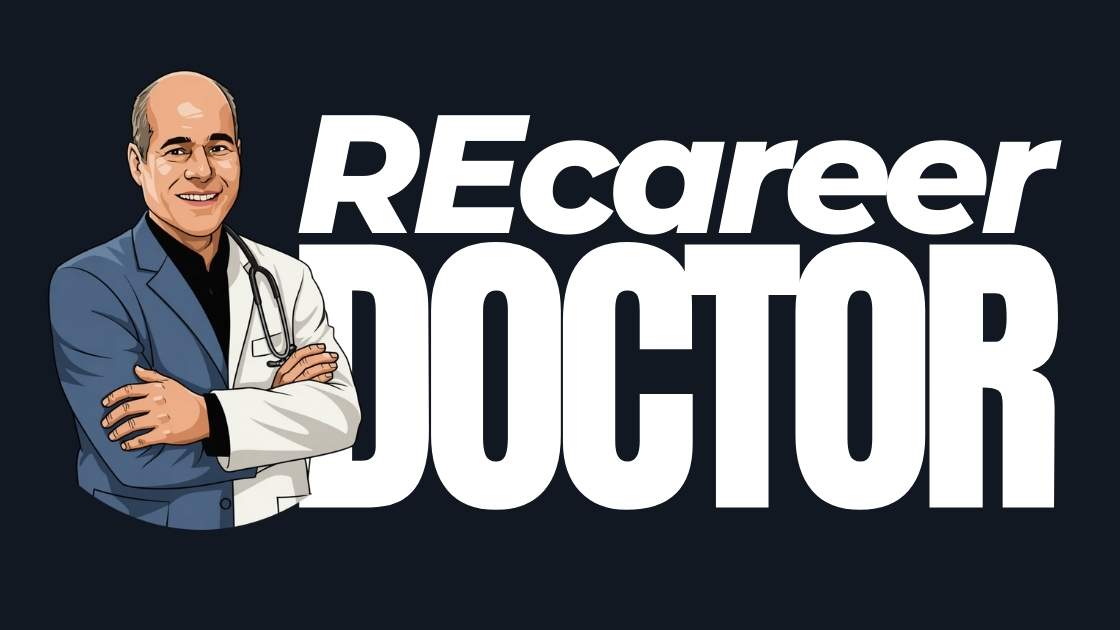I’ve lived in both worlds — the fast-paced city that never sleeps and the quiet suburbs where the loudest thing at night is the sound of crickets. As a cardiologist turned realtor, I can’t help but see homes not just as investments but as environments that directly affect your heart.
So let’s talk about something most people never ask when choosing where to live:
👉 Is your ZIP code helping or hurting your heart?
🚶♂️ Walkability & Daily Movement
In cities, you walk — a lot. You walk to the coffee shop, to the train, to your favorite taco place two blocks away. Without even realizing it, you rack up 7,000–10,000 steps a day just living your normal life. That’s fantastic for your heart, your weight, and your blood sugar.
In the suburbs, however, your car becomes your legs. Even a quick grocery run means hopping into a vehicle. The downside? Less spontaneous movement and more sitting — two of the biggest enemies of heart health.
But before you pack your bags for downtown, here’s the catch — city walking often comes with pollution, noise, and stress, which can raise your blood pressure and offset some of those exercise benefits.
🌫️ Air Quality & Noise Pollution
Here’s a scary truth: city air can age your arteries faster. Studies show that long-term exposure to air pollution increases your risk of heart attacks and strokes. And it’s not just the smog — noise pollution from traffic, sirens, and nightlife keeps your body in a low-grade stress mode.
Your heart can’t rest if your brain doesn’t.
In the suburbs, cleaner air and quieter nights allow your body to reset. You may not get as many steps, but you breathe easier — literally and emotionally.
😤 Stress Levels & Pace of Life
City living is exciting, but it’s also stimulating — sometimes too stimulating. There’s always something happening: deals to close, trains to catch, people to meet. That constant go-go-go lifestyle can raise cortisol levels (your stress hormone), leading to high blood pressure and inflammation over time.
Suburbia, on the other hand, gives your nervous system a chance to exhale. You’re surrounded by greenery, less traffic, and slower mornings. But it’s not all zen — suburban life can bring social isolation and long commutes, which are also stressful in their own way.
So, in short:
-
City = Fast stress, constant adrenaline.
-
Suburbs = Slow stress, sometimes loneliness.
Both affect your heart — just differently.
🥗 Food & Lifestyle Choices
Here’s something surprising I’ve noticed:
In cities, healthy food is everywhere — smoothie bars, salad shops, farmers’ markets. You have choices. But you also have temptations: late-night pizza, bottomless brunches, and endless delivery apps.
In suburbia, you might cook at home more, which is great for controlling portions and ingredients. But it’s easier to fall into routine comfort eating and sedentary habits.
So whichever lifestyle you choose, your habits matter more than your ZIP code.
❤️ Community & Mental Health
We underestimate how much connection protects the heart. Studies consistently show that loneliness can be as harmful as smoking 15 cigarettes a day.
Cities offer social energy — people everywhere, events every night, opportunities to meet new friends. But they can also make you feel anonymous and isolated.
Suburbia brings familiarity — neighbors who wave, friends you see often, and slower, deeper relationships. For many people, that sense of belonging lowers stress and boosts heart health.
Your emotional environment can be just as important as your physical one.
So, Which Is Healthier?
Honestly? It depends on your personality and your stress triggers.
If you thrive on energy, movement, and variety, the city can keep your body active and your mind engaged — just make sure you find quiet time to decompress.
If you crave peace, space, and simplicity, the suburbs can give your heart a slower rhythm — just make sure you move enough and stay socially connected.
The real takeaway is this:
➡️ It’s not where you live. It’s how you live where you are.
As a cardiologist, I’ll tell you: the best environment for your heart is one where you can breathe, move, connect, and rest.
As a realtor, I’ll add: it’s the one that feels like home. 🏡❤️







